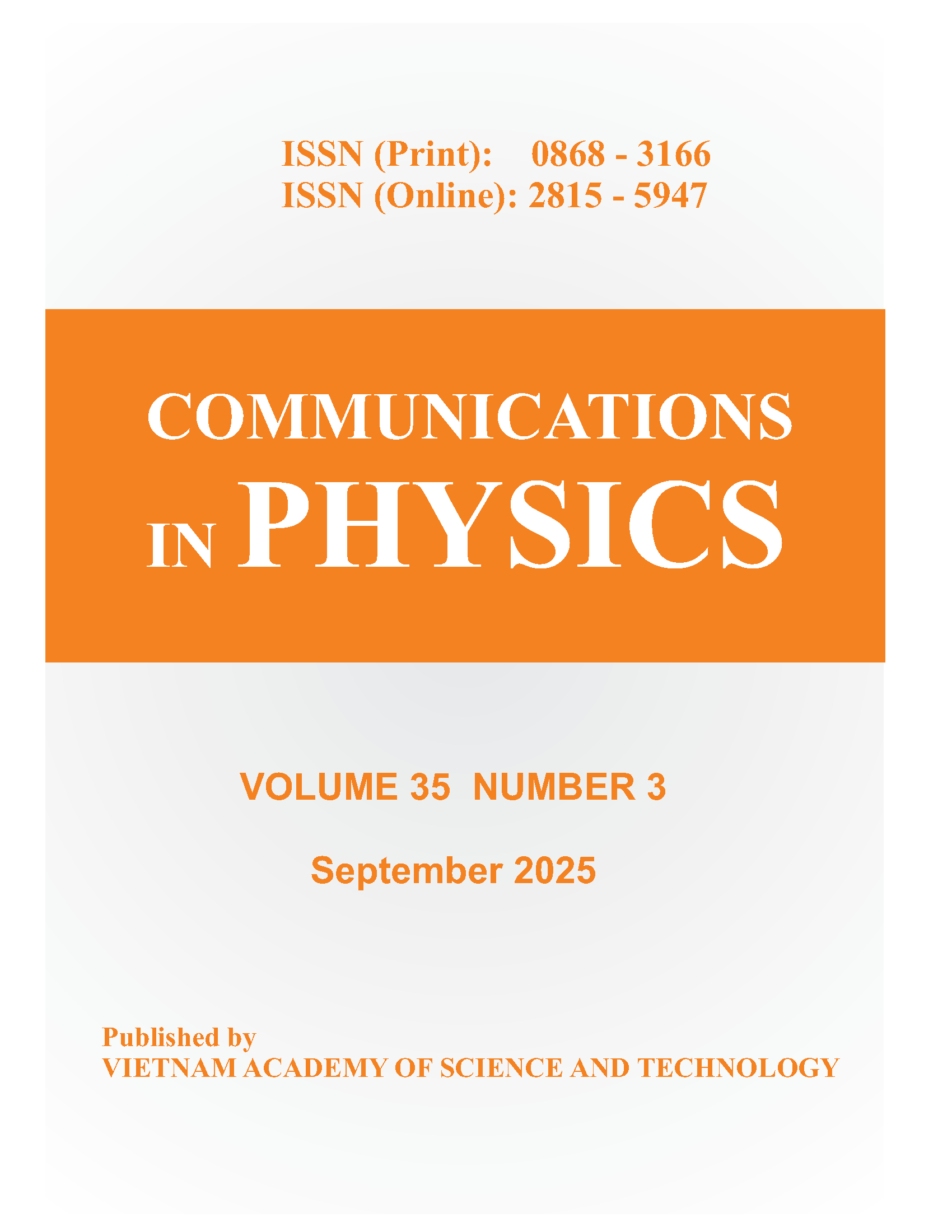Octonionic Extension of \(U(1) \times SU(2)\) Gauge Analyticity of Dyons
Author affiliations
DOI:
https://doi.org/10.15625/0868-3166/22/3/181Keywords:
Dyons, Gravito - dyons, Gauge theory, OctonionsAbstract
Starting with the generalized electromagnetic (and gravi-magnetic) fields of dyons (and grvito-dyons), the octonion generalization of \(U(1)\times SU(2)\) gauge theories of dyons (and grvito-dyons) has been developed in a consistent way. The resemblance between octonion covariant derivative and the gauge covariant derivative has also been established . Expressing the generalized four - potential, current and fields of dyons (and gravito - dyons) in terms of split octonion variables, we have discussed the consistent forms of \(U(1)\) abelian and \(SU(2)\) non - Abelian gauge theories for dyons (and gravito - dyons). It is shown that the present formalism reproduces the theory of electric (gravitational) charge (mass) in the absence of magnetic (Heavisidean) charge (mass) on dyons (gravito - dyons) or vice versa.Downloads
Downloads
Published
How to Cite
Issue
Section
License
Communications in Physics is licensed under a Creative Commons Attribution-ShareAlike 4.0 International License.
Copyright on any research article published in Communications in Physics is retained by the respective author(s), without restrictions. Authors grant VAST Journals System (VJS) a license to publish the article and identify itself as the original publisher. Upon author(s) by giving permission to Communications in Physics either via Communications in Physics portal or other channel to publish their research work in Communications in Physics agrees to all the terms and conditions of https://creativecommons.org/licenses/by-sa/4.0/ License and terms & condition set by VJS.











